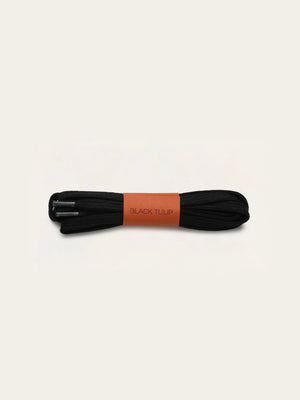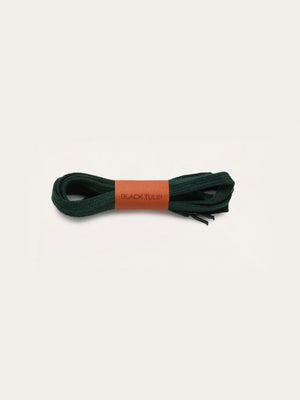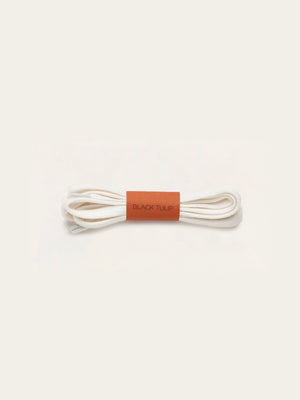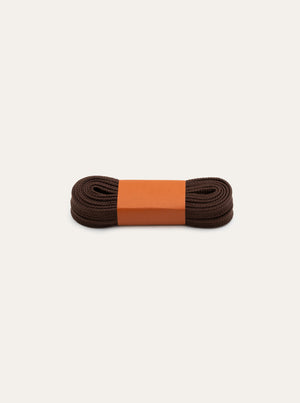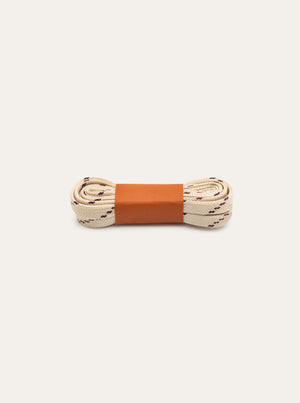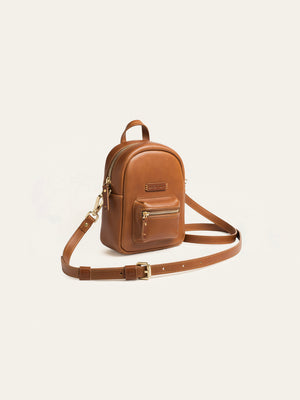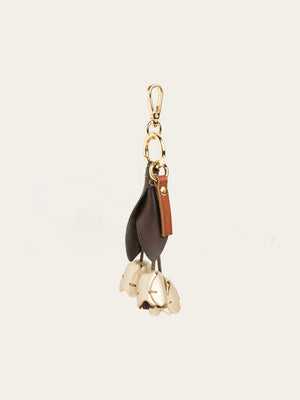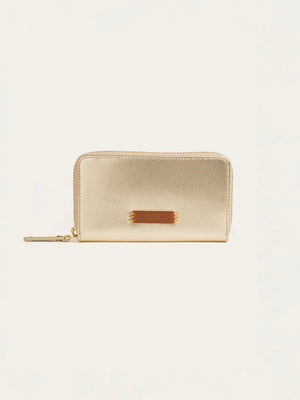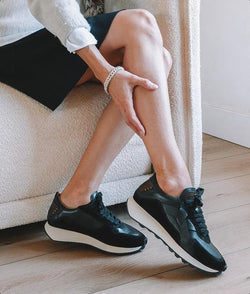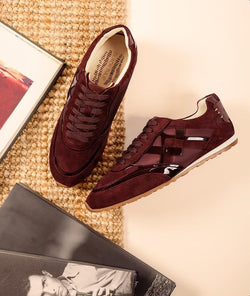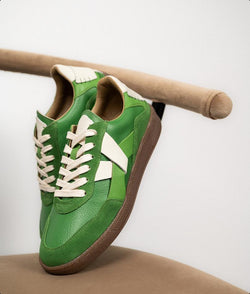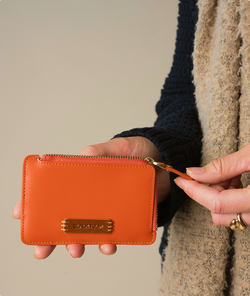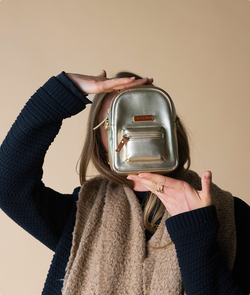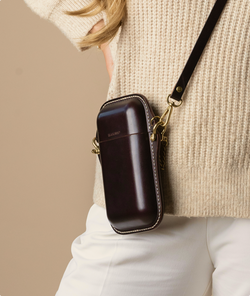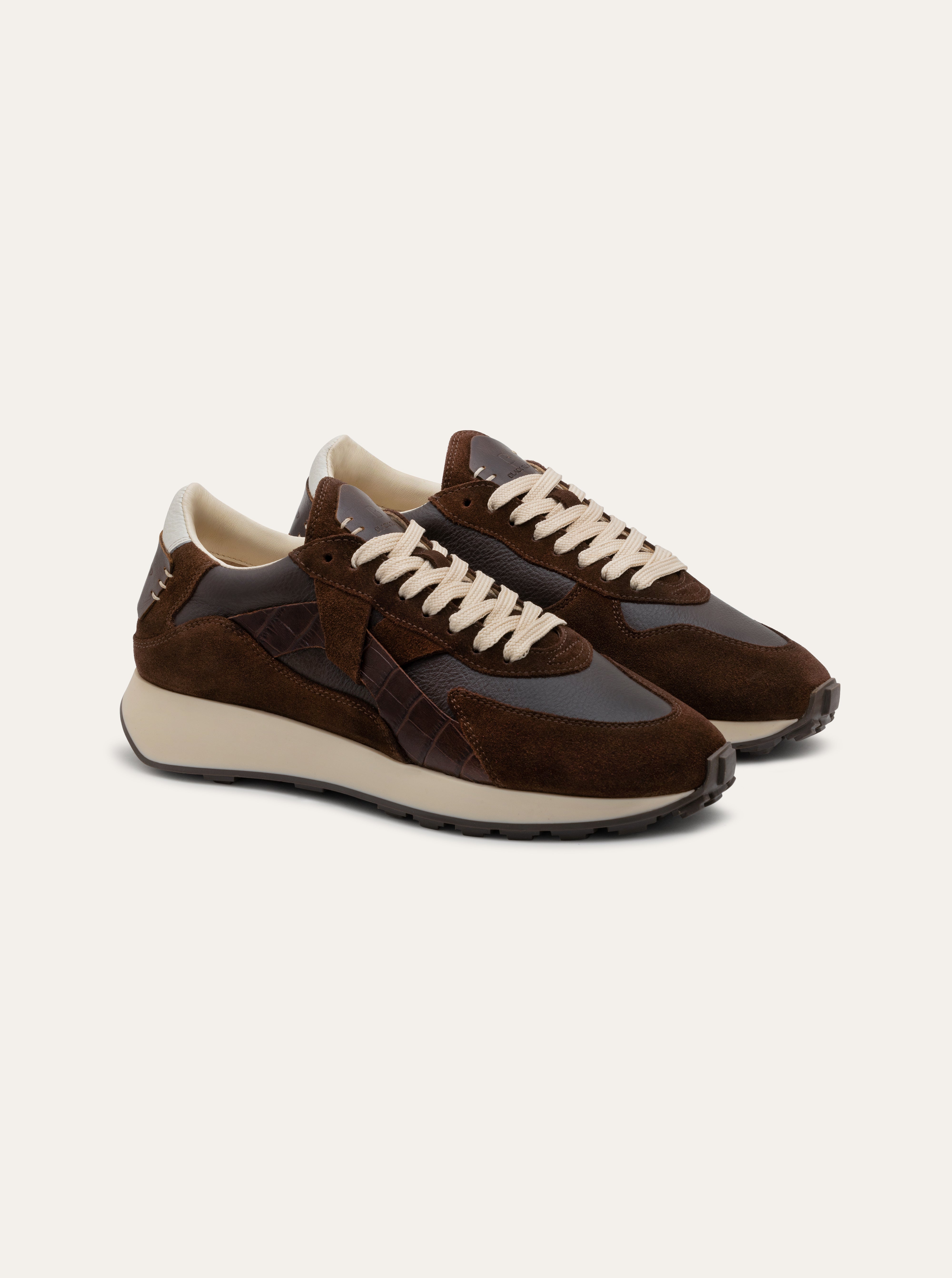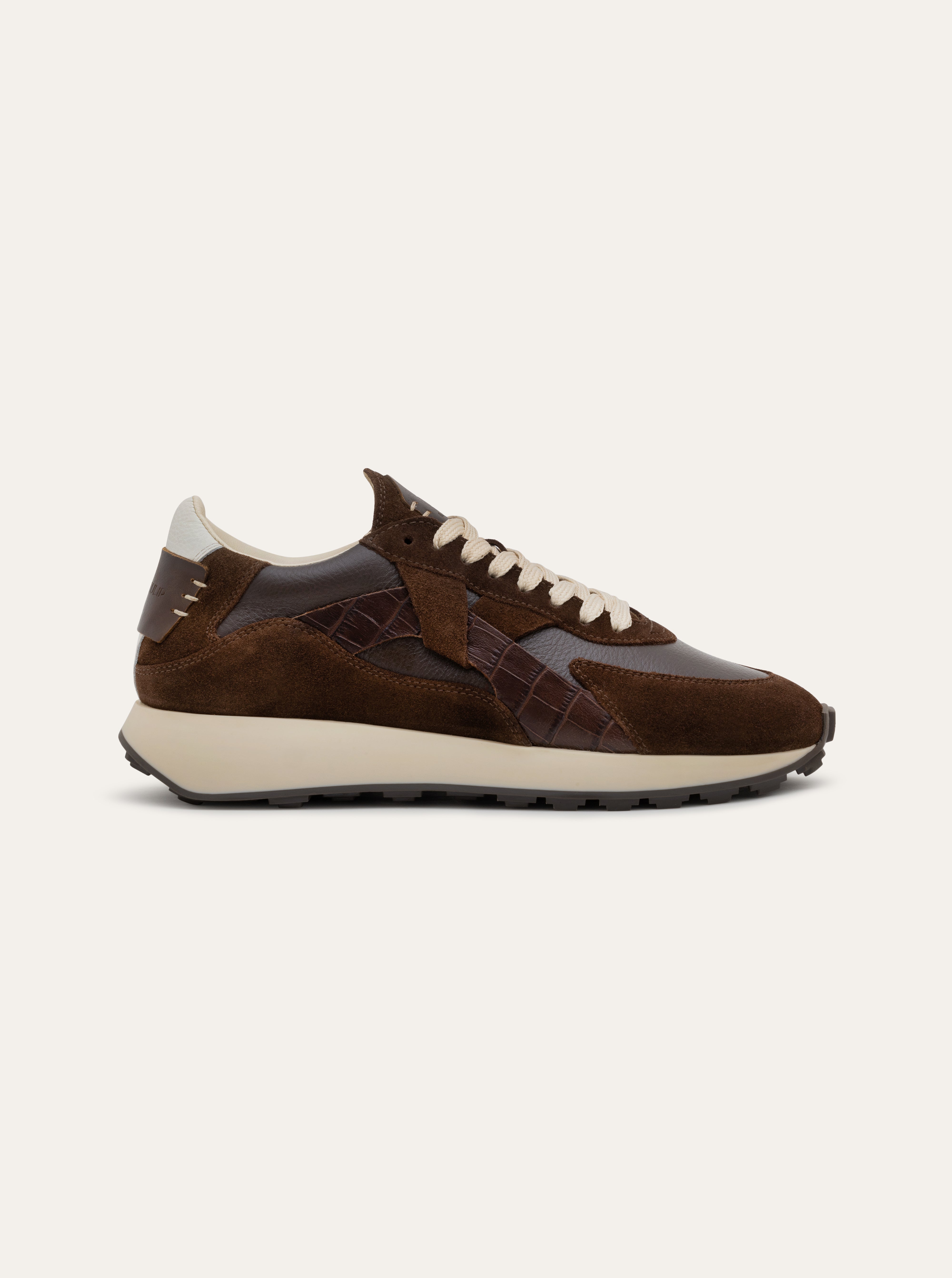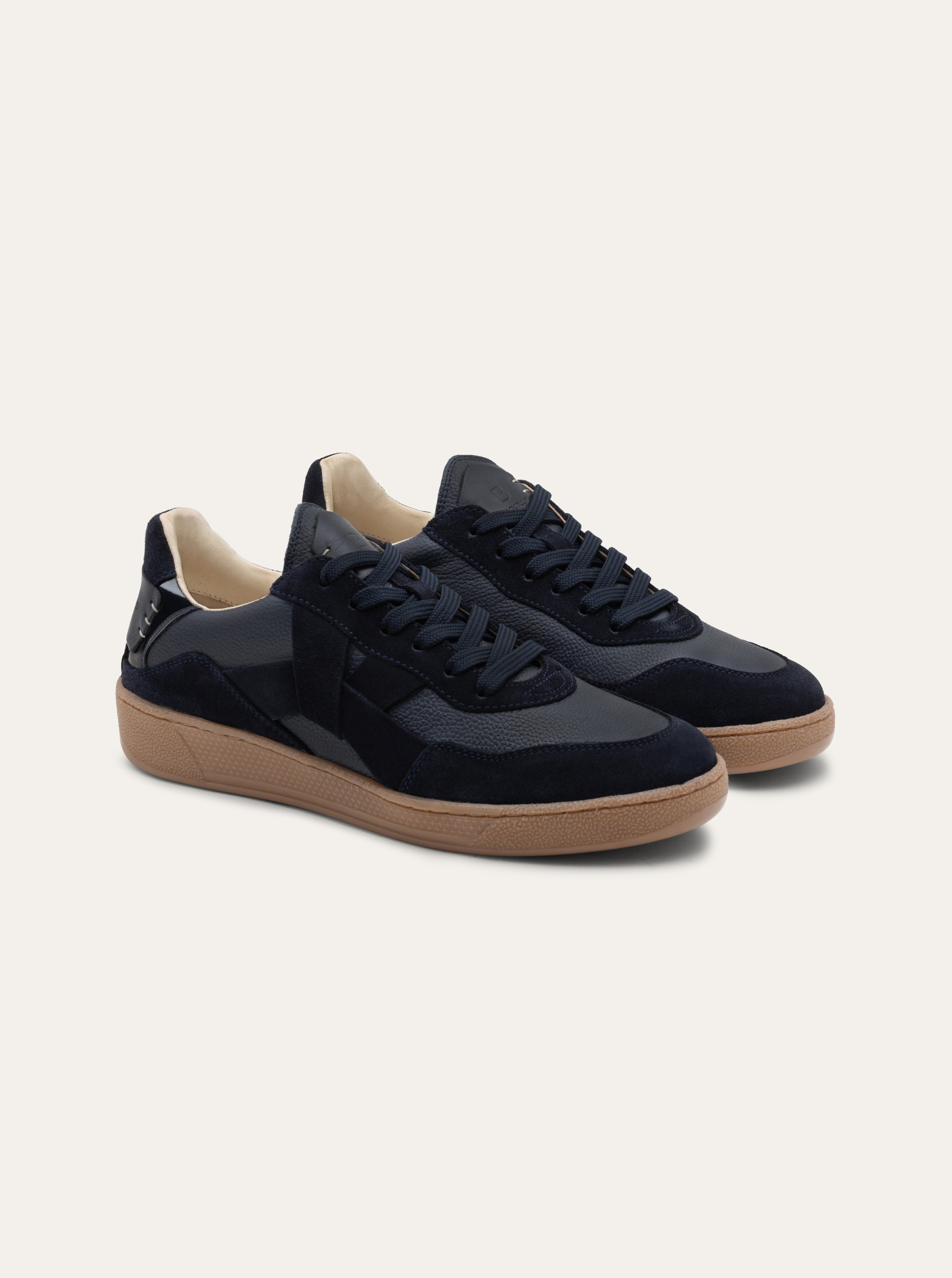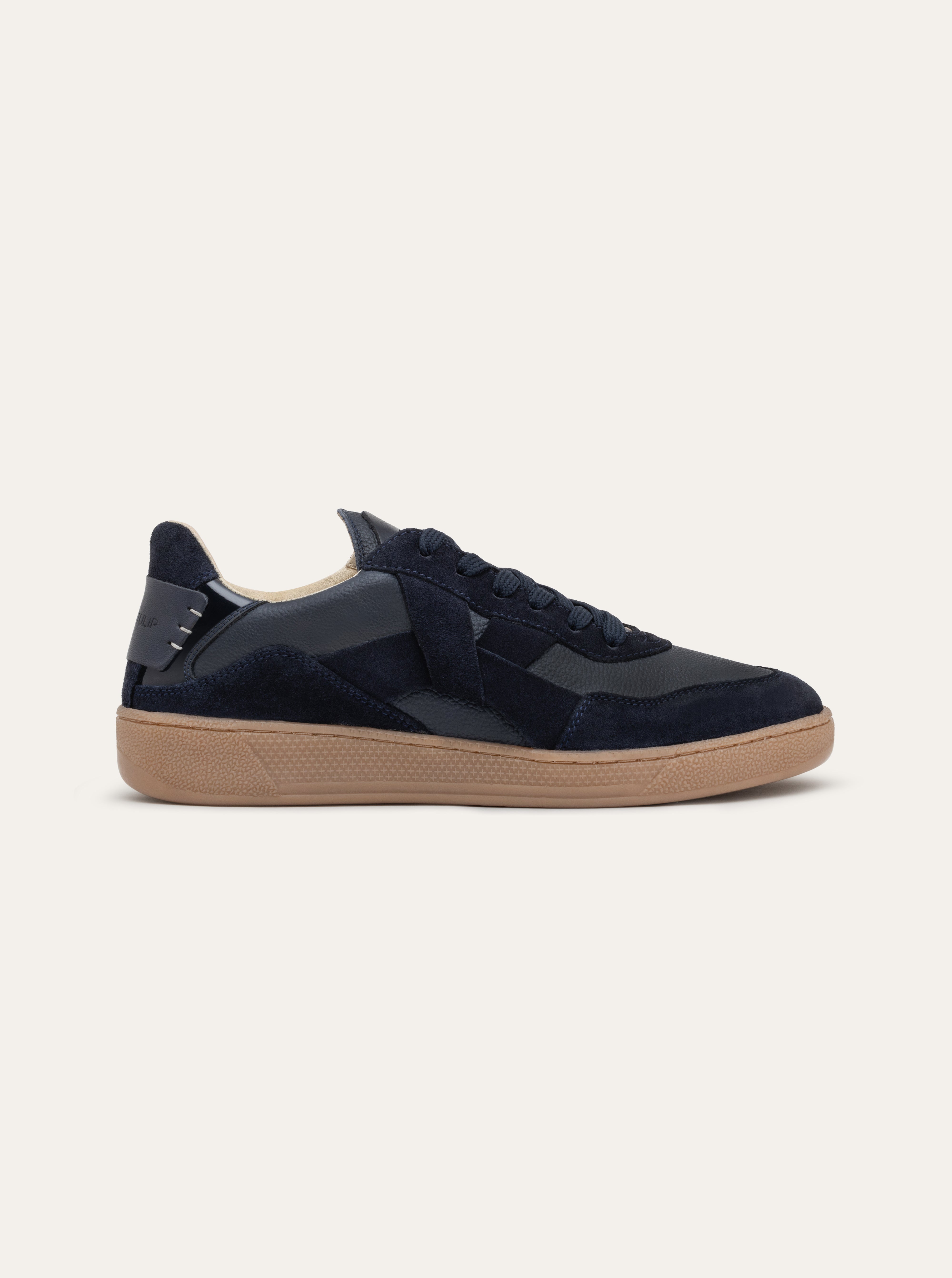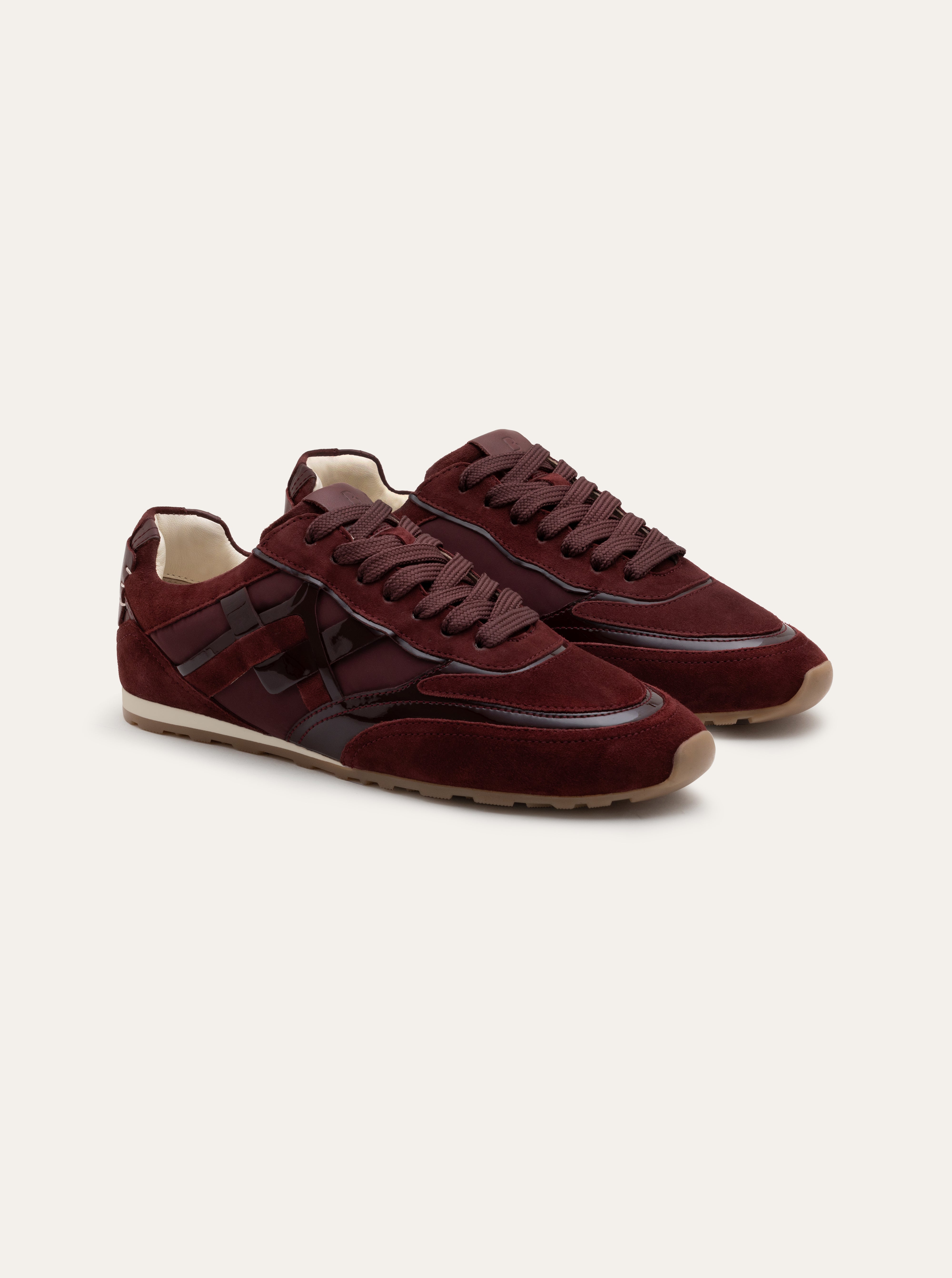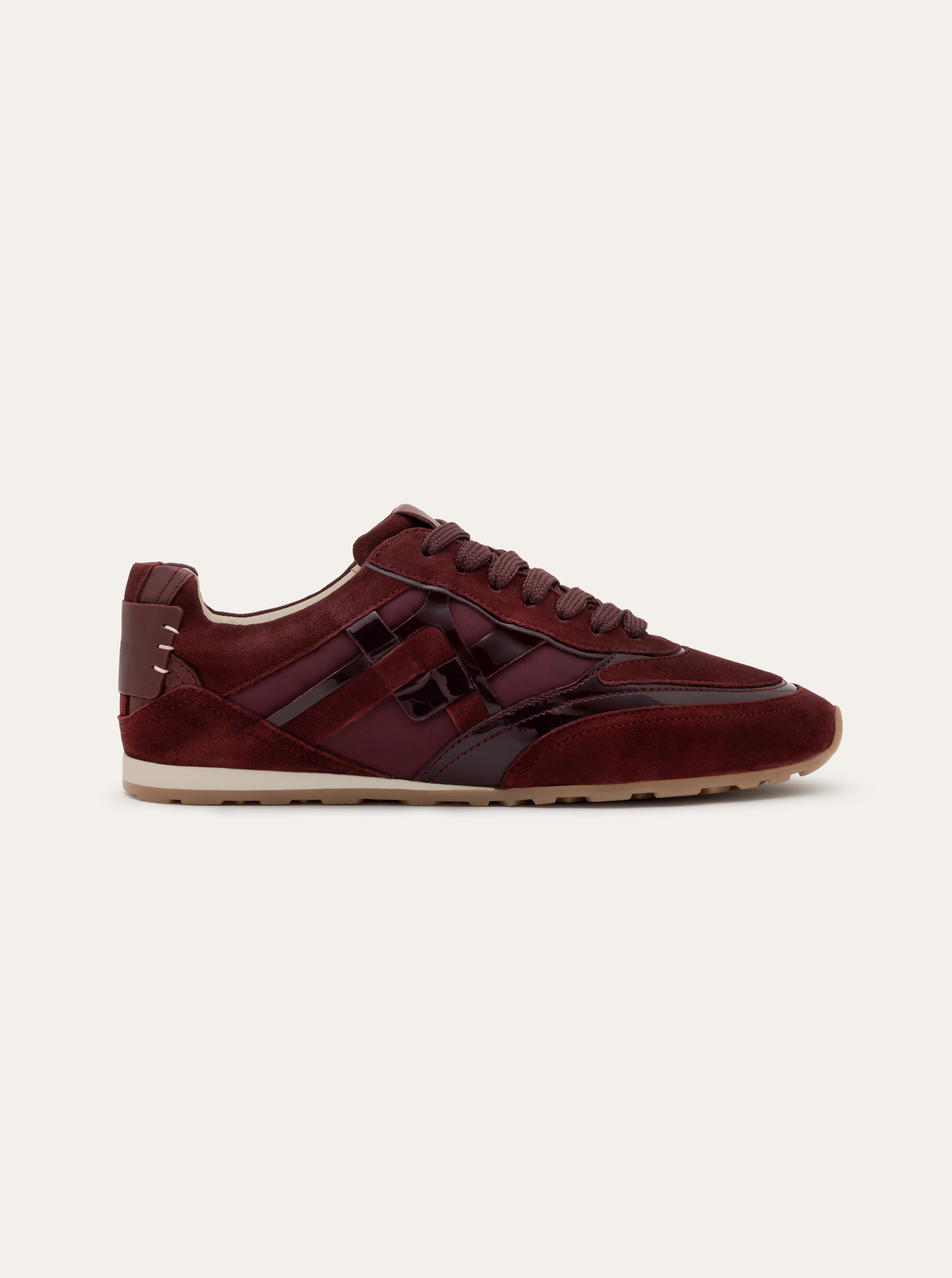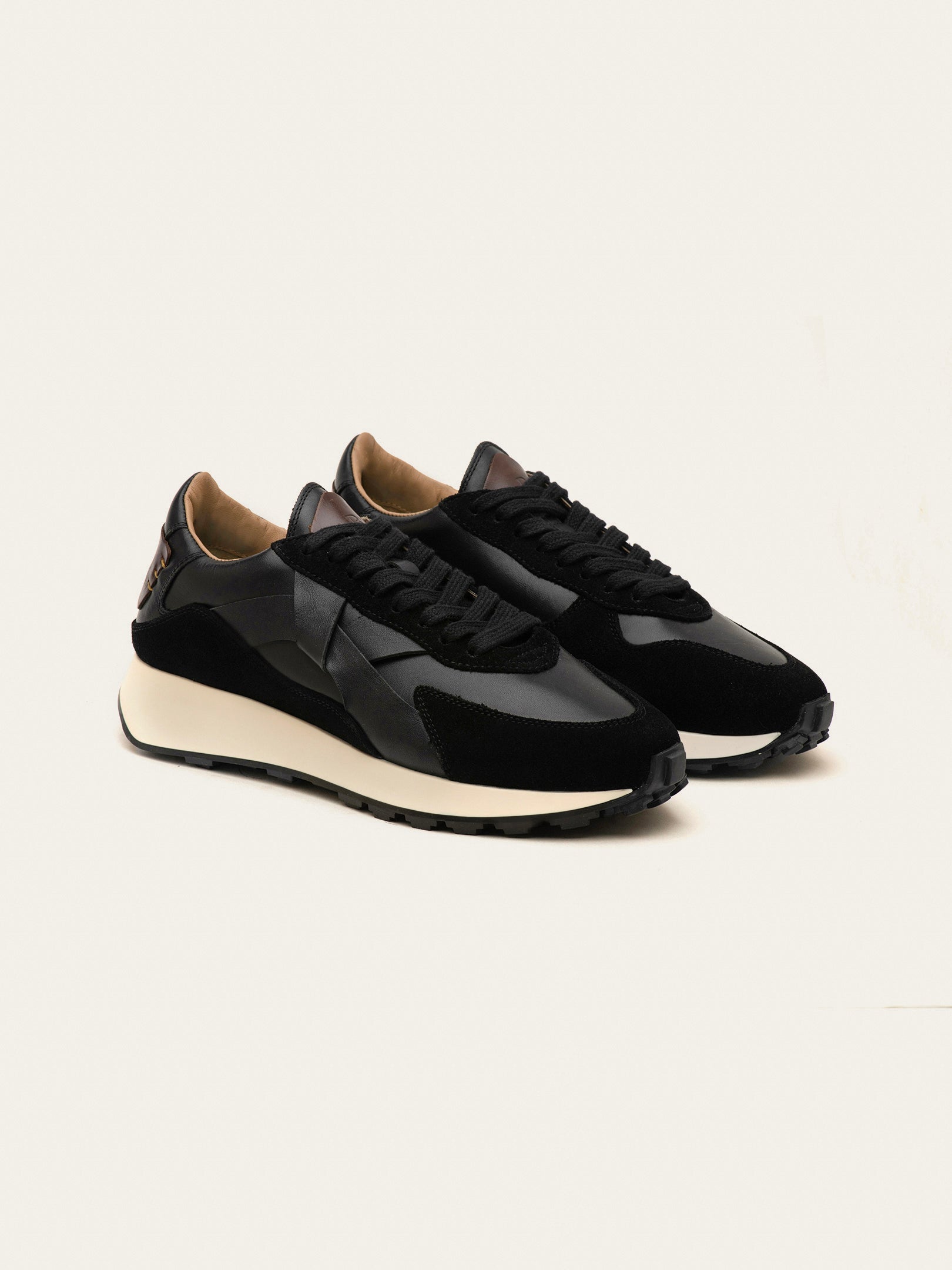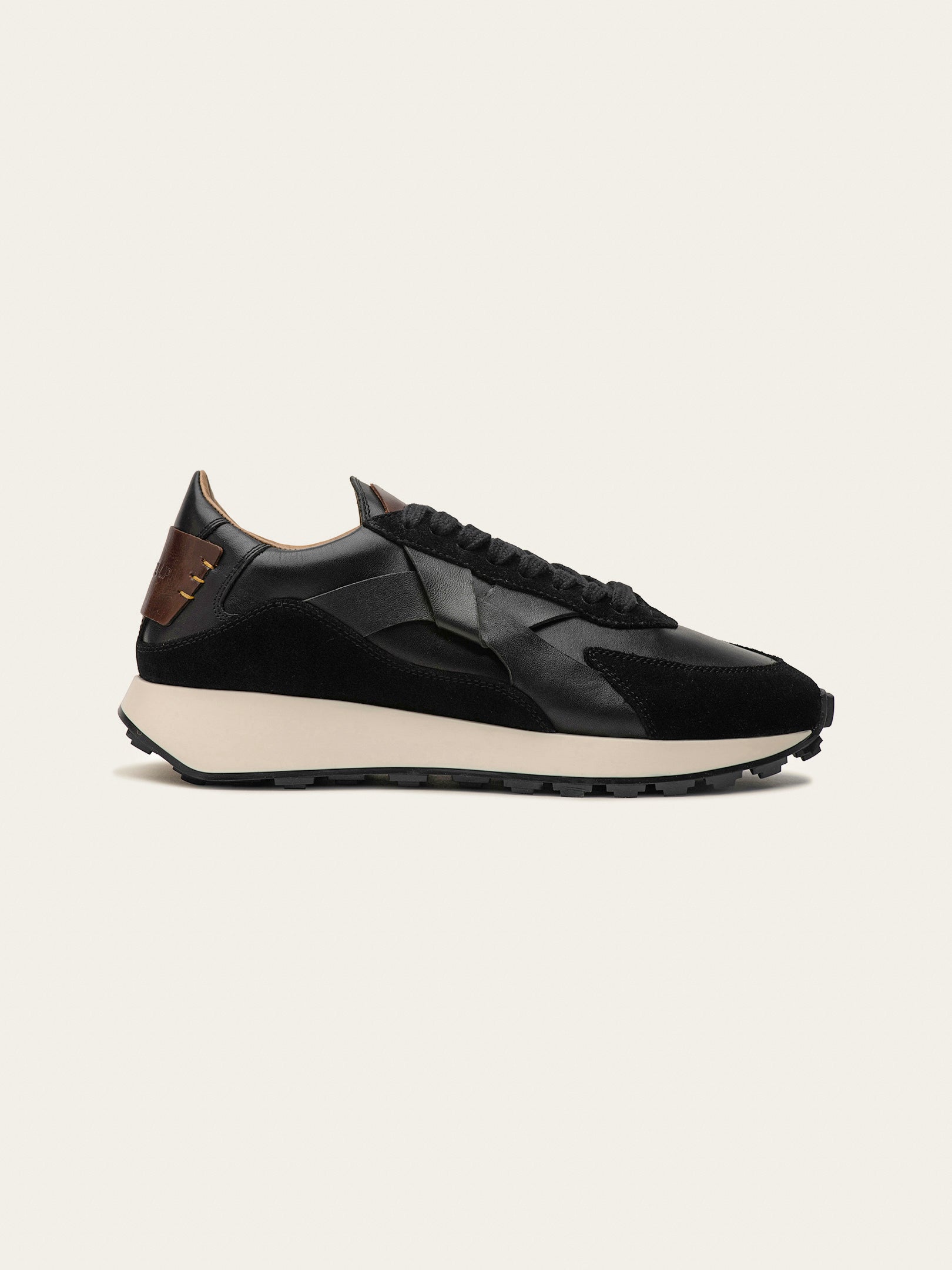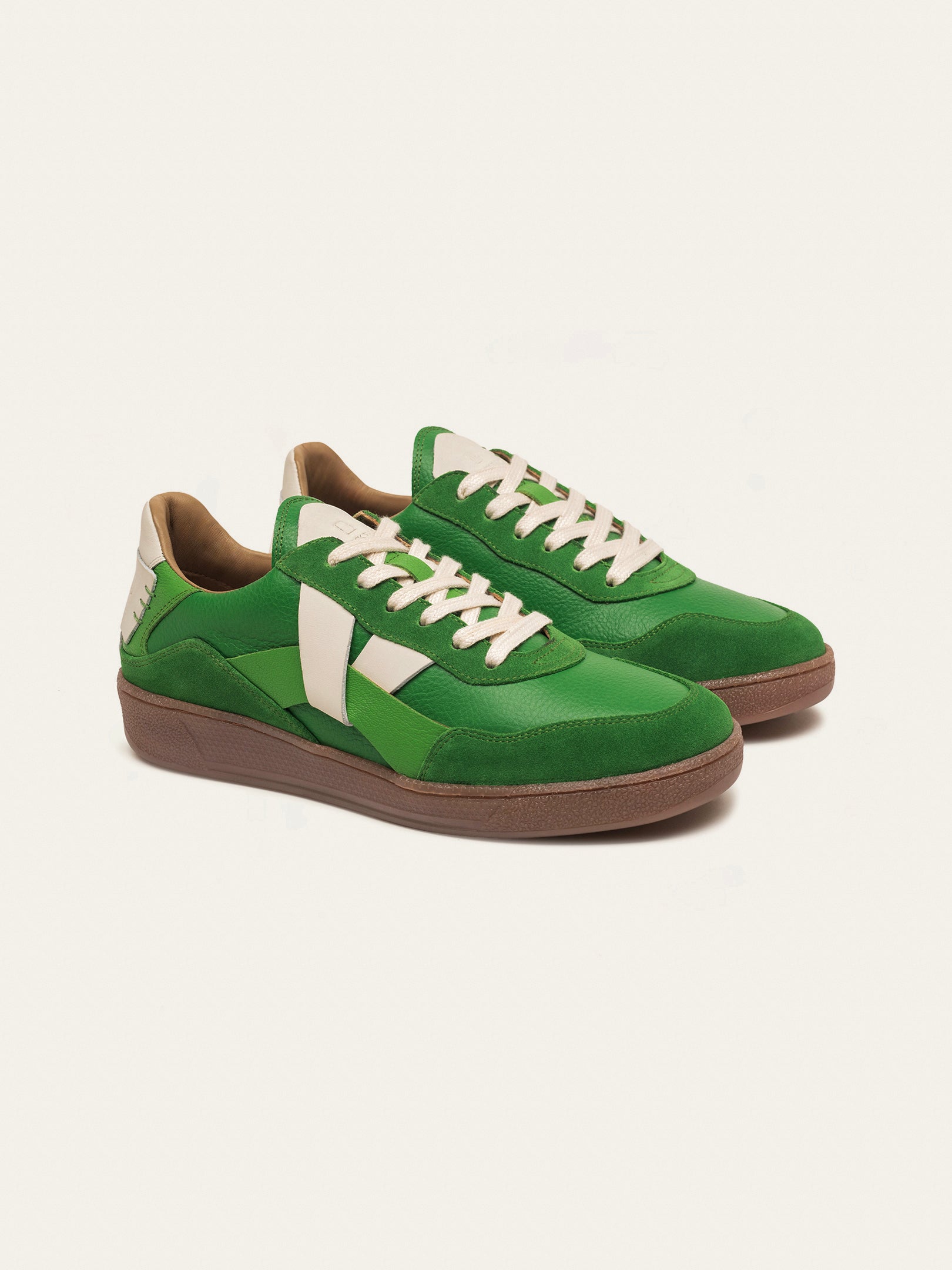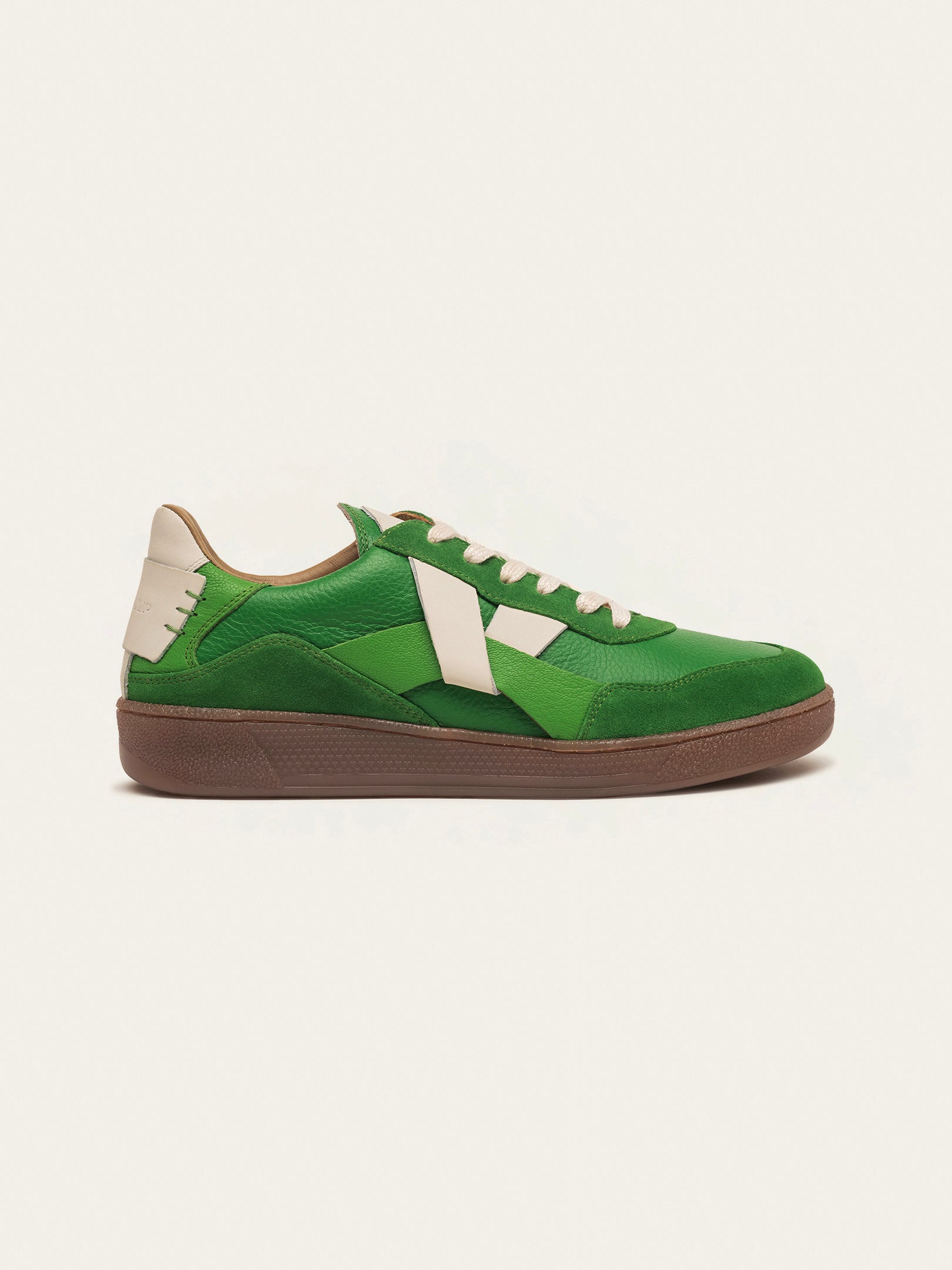Slow fashion is increasingly becoming a hot topic, but what is it? It's a sustainable and ethical movement in the fashion industry that values quality, timeless designs, and eco-friendly materials. At Black Tulip, we love natural materials and modern styles, and we’re committed to slow fashion principles. We believe in making clothes that are both stylish and long-lasting, with a focus on transparency and ethical production practices. In this article, we'll explore the benefits of slow fashion and why sustainable fashion choices matter and what part we’re playing in the movement.
The ROAST:
- Black Tulip founded the slow roast movement for those who appreciate high quality and timeless styles, all while being aware of their fashion pieces and the process behind their creation.
- We carefully show products when we are happy with the processes and final results. We want to create a community of like-minded people who appreciate quality, beautiful designs and more responsible consumption.
- We are committed to thoughtful design and creating standout pieces that are both timeless and versatile, with a focus on craftsmanship and high-quality garments.
What is slow fashion?
Slow fashion is a movement that encourages a more sustainable and ethical approach to fashion. Unlike fast fashion, which focuses on producing low-cost, trendy clothing quickly and in large quantities, slow fashion prioritises quality, timeless designs, and eco-friendly materials. The goal of slow fashion is to reduce the negative impact of fashion on the environment and society by promoting transparency, ethical production practices, and responsible consumption.
By choosing slow clothing, you can make a positive impact by supporting sustainable brands, investing in high-quality clothing that lasts longer, and reducing your overall consumption of clothing. Slow fashion is a way to enjoy fashion while also being mindful of the impact it has on the world around us.
The beginnings of slow fashion:
Slow fashion emerged as a response to the negative impacts of fast fashion. It gained momentum as a movement advocating for sustainable and ethical practices in the fashion industry. With a focus on quality, timeless designs, and eco-friendly materials, slow fashion encourages conscious consumption and transparency. It has reshaped the way people think about fashion, inspiring a shift towards more responsible and mindful choices.
Why is slow fashion important?
Slow fashion is important because it promotes a more sustainable and ethical approach to fashion. Fast fashion, which produces trendy clothing quickly and in large quantities, has a significant negative impact on the environment and society. It leads to overconsumption, textile waste, and pollution from production and transportation, and therefore has a negative impact in the fight against climate change.

What is slow fashion in the UK?/strong
In Great Britain, more than 70 items of clothing are thrown away from the average wardrobe, studies have shown. With fast fashion retailers such as Shein churning out new items everyday and creating a huge social media presence across Europe, Asia and the United States, it’s hard to steer clear of them. But you’ve just got to think - if they are selling so many new styles a day, there’s got to be a catch! Instead of shopping for the latest trends, slow fashion is all about shopping seasonless styles that you will treasure for years to come.
In contrast, slow fashion prioritises quality, timeless designs, and eco-friendly materials. It encourages conscious consumption, transparency, and ethical production practices. By supporting slow fashion, consumers can reduce their environmental impact, invest in high-quality clothing that lasts longer, and promote fair labour practices. Slow fashion is also an opportunity to appreciate the artistry and craftsmanship that goes into creating sustainable and ethical clothing.
Overall, slow fashion offers a more sustainable and responsible way to enjoy fashion while minimising its negative impact on the planet and people.
What is the slow fashion movement?
The slow fashion movement is not just a fight against the crazy world of fast fashion, but it is a fight for our environment. Though brands are becoming increasingly aware, a lot more needs to be done to shift the focus to slow fashion. According to a 2021 survey by Threadup, 74% of shoppers know that their choices impact the environment. So how can we change?
We take care of your clothes:
Before hitting the shops, you can take care of your current wardrobe. Instead of throwing out clothes for the latest trends, you need to take care of them. Take them to be repaired, and you’ll see that you will get a lot more wear without spending your next paycheck at your favourite shops. Or, you can even learn how to sew! That way you can repair your own clothing or if you become a pro, make your own.
You also really need to read the care instructions for your clothing - they’re there for a reason! Read the temperature and the washing instructions correctly to ensure that your go-to pieces stand the test of time. Not respecting the temperature indications on your clothing can damage the fabric, or worse - shrink it! For a softer approach to ironing, use a steamer to get creases out of your shirts for example. Steamers are particularly great on more sustainable fabrics like cotton and linen.
Shop vintage:
Shopping vintage allows you to find premium pieces at a fraction of the price. You’ll be able to treasure these items for years to come thanks to their beautiful quality. By shopping vintage, you will be able to find some unique pieces that you will not find anywhere else, allowing you to create a striking wardrobe. Remember, one man's trash is another one's treasure!
As well as shopping vintage, once you’ve decided you’ve had enough of your old clothing, you can turn your hand to selling your once-treasured pieces on these platforms. You’re renewing your clothing’s life cycle and giving them a new home where they will be loved and worn.
Change up your shopping habits:
Sure, it can be tough to shift our shopping habits, especially with fast fashion retailers churning out new arrivals every week, if not every day. But investing in slow fashion is worth it in the long run. Think about cost per wear rather than the price tag. A sustainable pair of boots may cost more upfront, but they'll last you for years to come, making them a savvy investment. Think cost per wear! So, let's ditch the fast fashion and embrace a more sustainable and fashionable future! If you’re not sure where to start when it comes to finding more sustainable brands, let us explain…
Carefully select your go-to brands:
When it comes to transforming our shopping habits and embracing a more sustainable approach to fashion, it's essential to be conscious and deliberate in our choices. This means taking the time to do our research and seek out brands that align with our values and are committed to sustainable practices. By choosing to support these brands, we become active participants in the slow fashion movement, encouraging greater transparency and accountability in the fashion industry. Whether it's through seeking out eco-friendly materials, prioritizing fair labor practices, or reducing waste and carbon emissions, slow fashion brands offer a range of innovative and ethical approaches to fashion.
When we talk about supporting sustainable fashion brands, we're not referring to those who engage in greenwashing by claiming to be sustainable just for the sake of it. Instead, we're talking about brands that are committed to putting their sustainability pledges into action and making meaningful changes over the next few years. These brands prioritise sustainable practices, care for their manufacturing staff, and operate with transparency and honesty. By choosing to support brands that are transparent about their practices, we can make informed decisions about the products we purchase and ensure that we are supporting ethical practices. However, some brands, like the online retailer Shein, may avoid disclosing their sustainability practices out of fear of scrutiny. Therefore, it's important to do our research and choose brands that align with our values and commitments to sustainability.
If you're interested in adopting a more sustainable approach to fashion, it's crucial to do your research and find slow fashion brands that align with your values. This can help you make more informed decisions when refreshing your wardrobe, and ensure that you are supporting brands that share your commitment to a more sustainable future.

What is a slow fashion brand?
A slow fashion brand is a fashion label that prioritises sustainable and ethical practices over fast-paced, mass-produced fashion. These brands usually produce clothing in small quantities using eco-friendly materials and ethical production methods, such as fair labour practices and minimal environmental impact. Slow fashion brands also tend to focus on creating timeless, durable designs that are meant to be worn for years, rather than just one season.
In contrast to fast fashion brands, which prioritise speed and quantity over sustainability and ethical production, slow fashion brands are committed to reducing their environmental impact and promoting conscious consumption. Slow fashion brands often have a strong sense of social responsibility, and they aim to create a positive impact on the world through their business practices. By choosing to support slow fashion brands, consumers can contribute to a more sustainable and ethical fashion industry.
As a fashion brand, Black Tulip aligns with the principles of slow fashion. We have a particular affinity for natural materials and appreciate the unique imperfections that make each fabric special. Our products are thoughtfully designed to highlight these details and create standout pieces that are both timeless and versatile. Craftsmanship is at the heart of our brand, and we take great pride in creating high-quality garments that are meant to be worn and enjoyed every day.
Characteristics of a slow fashion brand:
So what is actually behind the title of being a slow fashion brand? Here are a few characteristics of a slow fashion brand:
-
Sustainability: Slow fashion brands prioritise sustainable practices throughout their supply chain, from sourcing eco-friendly materials to reducing waste and carbon emissions.
-
Ethical Production: They prioritise fair labour practices, ensuring safe working conditions and fair wages for their workers.
-
Timeless Designs and High Quality: Slow fashion brands create garments with longevity in mind, focusing on classic, versatile styles that transcend seasonal trends. These brands prioritise craftsmanship and use durable materials.
-
Transparency: Slow fashion brands are open and transparent about their production processes, supply chains, and the environmental and social impact of their products.
-
Conscious Consumerism: Slow fashion brands encourage consumers to make thoughtful and intentional purchasing decisions, promoting a shift away from excessive consumption towards investing in fewer, higher-quality pieces.
What is the slow roast movement?
The slow fashion movement was established by Black Tulip to celebrate individuals who value sustainable and ethical fashion. Our goal is to build a community of like-minded individuals who share our appreciation for clothing that is designed, sourced, and manufactured in an ethical manner. What does this mean? Ethical fashion is characterised by garments that are produced in fair working conditions and have a reduced environmental footprint.
Black Tulip's approach to slow fashion involves a deliberate and meticulous development process for our collections. We take our time to ensure that every aspect of our products meets our seasonless collections before sharing them with you. Our commitment to sustainability is unwavering, but we also recognize that there is still much to discover and learn as we continue on our sustainability journey.
What is the difference between fast fashion and slow fashion?
Slow fashion prioritises sustainability, quality, and ethical practices, encouraging timeless designs and eco-friendly materials. It emphasises conscious consumption and transparent supply chains. In contrast, fast fashion prioritises rapid production, trend-driven designs, and low-cost materials, often resulting in environmental harm and exploitative labour practices. Slow fashion encourages mindful consumption, while fast fashion promotes impulse buying and disposability, perpetuating unsustainable practices.
How is this slower approach changing the fashion industry?
Slow fashion is transforming the fashion industry by challenging the prevailing fast fashion model. It promotes sustainable practices, ethical production, and conscious consumption. As more consumers embrace slow fashion, there is a growing demand for transparency, quality, and longevity in garments. This shift is driving brands to adopt sustainable initiatives and inspiring positive changes in the industry's environmental and social impact.
Conclusion:
The slow fashion movement promotes sustainable and ethical fashion practices that prioritise quality, timeless designs, and eco-friendly materials. The movement aims to minimise the negative impact of fashion on the environment and society by promoting transparency, ethical production practices, and responsible consumption.
At Black Tulip, we are actively involved in the slow fashion movement by prioritising thoughtful design, craftsmanship, and high-quality garments. Black Tulip's Slow Roast movement focuses on creating a community of like-minded individuals who appreciate quality, beautiful designs, and responsible consumption.
By supporting sustainable brands and investing in high-quality clothing that lasts longer, consumers can reduce their environmental impact and promote fair labour practices. Overall, slow fashion offers a more sustainable and responsible way to enjoy fashion while minimising its negative impact on the planet and people.
